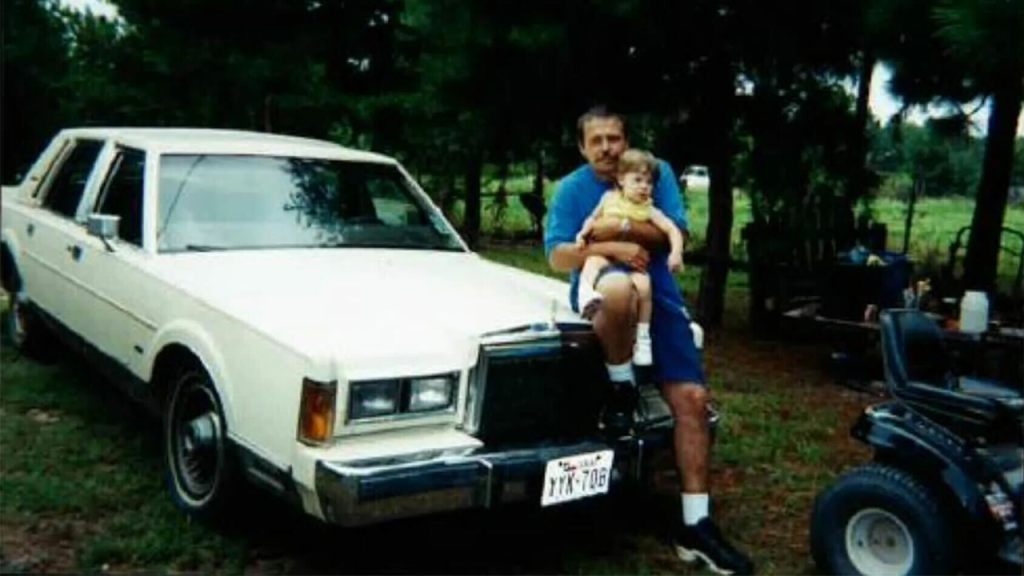Robert Roberson, a Texas death row inmate scheduled for execution for the murder of his 2-year-old daughter in 2002, has maintained his innocence throughout the case. Prosecutors alleged that his daughter, Nikki Curtis, died from injuries consistent with shaken baby syndrome, and Roberson would be the first person in the U.S. to be executed based on this diagnosis. However, his lawyer argues that the syndrome has been debunked and that her client is innocent as nobody is responsible for Nikki’s death. More than 80 Texas state lawmakers, medical experts, parental rights groups, and other advocates have called for clemency for Roberson.
In an exclusive interview, Roberson’s lawyer, Gretchen Sween, revealed that new evidence indicates Nikki’s actual cause of death was undiagnosed pneumonia, compounded by dangerous prescription medications she was given in the days leading up to her death. Sween argues that the shaken baby syndrome theory used to convict Roberson has been discredited, with medical professionals now acknowledging that several medical conditions can present similar symptoms. She emphasized that the state’s case against Roberson was based on outdated and inaccurate information.
Despite previous halts to his execution, the Texas Court of Criminal Appeals has allowed the case to proceed, setting a new date for Roberson’s death. His lawyers are now appealing for a stay of execution based on new scientific evidence and are urging the courts to reconsider his innocence. Sween has vowed to exhaust all appeals, including potentially taking the case to the U.S. Supreme Court. However, Texas law grants clemency only with a recommendation from the Board of Pardons and Paroles, which is appointed by the governor, Greg Abbott.
Roberson’s case is unique, according to Sween, as it represents an “actual innocence case,” where not only was Roberson wrongly accused, but there was no crime committed at all. She highlights that Roberson’s demeanor was wrongfully used against him, as he is autistic, and did not display expected emotional responses when his daughter was admitted to hospital. The outpouring of support from various groups has given Roberson hope, and his case has raised concerns about capital punishment, given the potentially flawed evidence used to secure his conviction.
As Roberson faces his upcoming execution date, his lawyer describes him as fluctuating between fear and hope as more individuals express concern for his case. Despite ongoing legal efforts to spare his life, including requests for a stay of execution and reconsideration of his innocence, Roberson remains on death row. His case underscores the need for continued scrutiny of capital punishment cases and the potential risks of executing individuals based on outdated or erroneous evidence.


